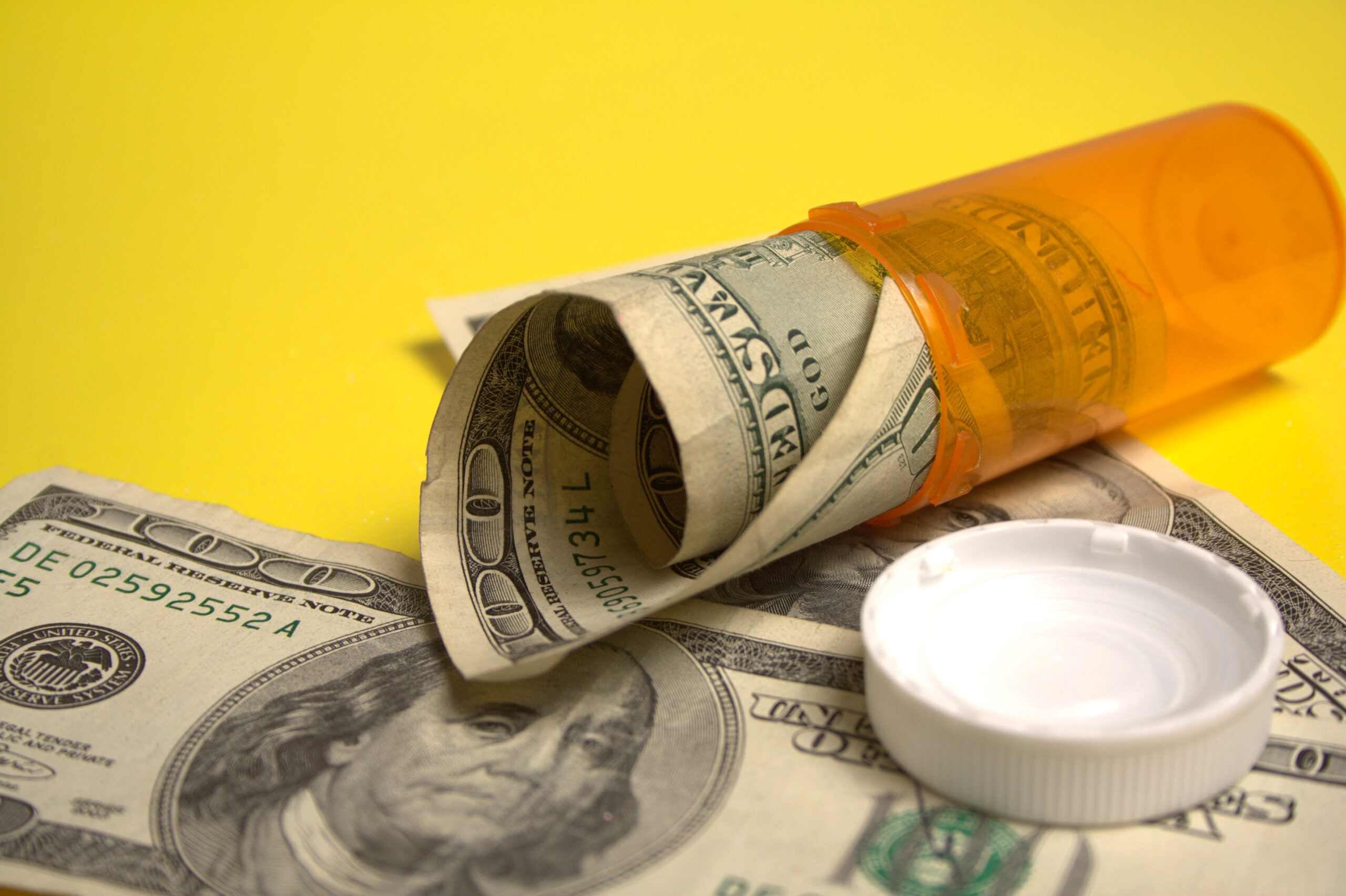© 2024 CSRXP- All Rights Reserved

ICYMI: OPINION: DRUG COMPANIES ARE WARNING THAT PRICING REFORM SPELLS DOOM. DON’T FALL FOR IT
Aug 8, 2022
Washington Post Op-ed Debunks Bogus Big Pharma Claims That Solutions to Lower Drug Prices Will Crimp Innovation
On Monday, Avik Roy, president of the Foundation for Research on Equal Opportunity (FREOPP), and Gregg Girvan, a resident fellow at FREOPP, published an op-ed in The Washington Post debunking Big Pharma’s false and hyperbolic claims that passing the drug pricing solutions included in The Inflation Reduction Act of 2022 will harm future innovation.
The authors outline: 1) that large drugmakers are inefficient when it comes to creating new innovative treatments; 2) that drug pricing solutions included in The Inflation Reduction Act of 2022 still give drug companies ample time to recoup investments made in new branded products – and that there are important carveouts that protect innovation in the bill that the industry fails to acknowledge; and 3) that Big Pharma companies abuse the Medicare system by consistently raising prices on products that have been afforded exclusivity, and therefore face zero competition.
“We analyzed pricing practices and R&D productivity for 17 of the world’s largest pharmaceutical companies, including Pfizer, AbbVie, Novartis and Johnson & Johnson,” the authors wrote. “Together, these companies represent more than 60 percent of global pharma revenue and 56 percent of industry R&D spending.”
“Reducing big-pharma spending likely wouldn’t have a large effect on drug development,” the authors continue. “Consider this: Had the largest companies held net prices constant on a single large drug in each of their portfolios from 2012 to 2021, Americans would have spent $139 billion less on prescription drugs. Because big companies deployed about 18 percent of their revenue on R&D, that $139 billion in savings translates to approximately $25 billion in reduced R&D spending by the majors.”
According to the authors’ findings, the $25 billion reduction in Big Pharma R&D spend would represent about “1.2 percent of the 430 drugs approved by the Food and Drug Administration” between 2012 and 2021.
The authors explain how much of the industry’s actual innovation comes from smaller biotech firms and that the Inflation Reduction Act “protects the smaller companies where most innovation actually takes place.” By contrast, most Big Pharma companies work to extend market exclusivity on blockbuster products to squeeze additional profits out of older, branded medications by increasing their price.
“We should absolutely continue to reward truly innovative drugmakers for medicines that benefit patients,” they argue. “But monopolists who raise prices on decades-old drugs are not contributing to innovation. They’re contributing to Medicare’s insolvency.”
Read the full op-ed from Avik Roy and Gregg Girvan in The Washington Post HERE.
Read more on why Big Pharma’s innovation claims don’t hold up to scrutiny HERE.
Read more on Big Pharma’s latest use of debunked arguments to oppose drug pricing solutions HERE.
Learn more about market-based solutions to hold Big Pharma accountable and lower prescription drug prices HERE.
